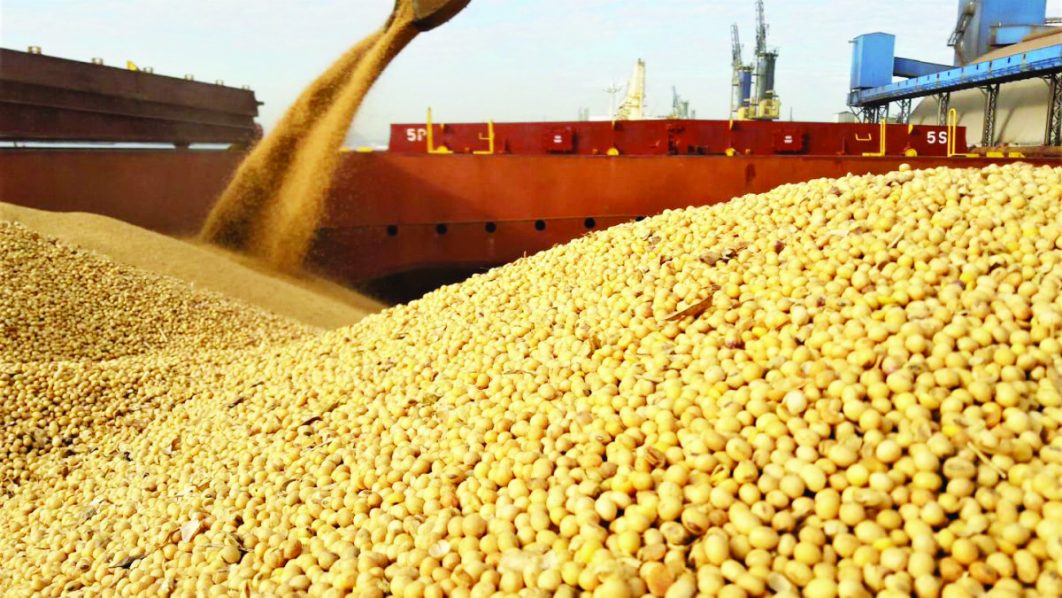
Nigerian-based Indian exporter, Aarjun Aarav, has raised the alarm over evading customs duty with the use of falsified import documents to ship soybean from Nigeria through Niger Republic to India.
Aarav disclosed this in an urgent letter to the Department of Plant Protection, Ministry of Agriculture & Farmers Welfare, Government of India and made available to journalists.
He said the use of deceptive means to bypass customs duties by using falsified documents is becoming a major concern within the soybean import industry and threatens the integrity of India’s import processes.
The exporter noted that there is credible information suggesting that certain importers in India are misusing phytosanitary certificates and other relevant documents purportedly from the Niger Republic to obtain duty exemptions on soybean imports from Nigeria to India.
He stated that this is especially alarming as the Niger Republic, according to available records and data, does not produce soybeans, instead, it has become evident that the soybean shipments originate from Nigeria, where customs duties are applicable for soybean imports into India.
“The use of counterfeit documents not only poses a threat to the revenue of the Indian government but also raises significant concerns about biosecurity and quality standards
“The authenticity of the product’s origin and its quality checks can no longer be guaranteed, potentially jeopardising the safety and health of consumers,” he stated.
In the wake of these disconcerting revelations, the exporter implored the Department of Plant Protection to take immediate action.
The exporter further called for a comprehensive investigation to trace back recent soybean imports documented as originating from the Niger Republic.
He said this investigation aims to identify the entities responsible for the use of fraudulent documentation.
The exporter also urged the department to take stringent action against the entities found guilty of using fraudulent documentation, stating that legal measures should be implemented to deter such activities in the future.
Aarav also emphasised the importance of enhancing monitoring mechanisms to prevent similar incidents in the future.
He stated that tightening control over the import process will ensure that fraudulent practices are promptly detected and prevented.
The exporter’s plea underscores the critical need to maintain the integrity of India’s import processes and to swiftly address deceptive practices that threaten the nation’s revenue and biosecurity.






